Analysis: The Protracted Political Struggle Between Biden and Trump Over Time
"Self-serving occupants of the Presidential position often lead to the risk of dictatorship," stated Senator Alexander Wiley from Wisconsin. Rep. Adolph Sabath, an Illinois Democract, was quoted saying by the New York Times that Republican supporters of the two-term limit have secretly referred to it as a "answer to Roosevelt."
During the deliberation over the resolution, Sabath said, "Goodness gracious, can't they let him rest in peace?"
The enacted 22nd Amendment to the US Constitution, ratified in 1951, simply reads, "No individual shall be elected to the position of the President more than twice."
No matter who wins in November, either President Joe Biden or Donald Trump, by the end of their term they will be constitutionally prohibited from running again in 2028. Ordinarily, voters have a choice between major party candidates with a longer future perspective. However, this time the elderly candidates jostling for the White House are battling for their final shot.
In the debate between Biden and Trump on CNN Thursday, a part of the audience might be curious about who and what will take the stage next. Trump's vice-presidential choice is still unannounced, expected to be revealed at next month's GOP convention. Biden, who is experiencing low approval ratings, is sticking with Vice President Kamala Harris whose polls are also unfavorable.
Back in 1987, George H.W. Bush, Vice President under Ronald Reagan, criticized the necessity of "the vision thing" while considering running for the presidency. This awkward phrase, however, touched upon a truth about elections: many voters yearn for a sense of each candidate's ideology and where they plan to lead the nation.
Will we hear this on Thursday? Biden and Trump are familiar faces to the American public, so little about them can catch us off guard, "but when they take the debate stage side-by-side, the jabs they hurl at each other, and any verbal missteps they make, will be notable," wrote Julian Zelizer. Each candidate will be striving to land the phrase that goes viral on social media.
Biden will try to convey himself as a leader who grasps the art of governance, who brings stability to the government, and who values the sacrosanctity of democratic institutions, Zelizer observed. "Without stirring the emotions of Republicans who claim that the prosecutions of Trump have been politically motivated, Biden will aim to remind the public that Trump is a convicted felon," he added. The manner in which Biden delivers these words, so as to avoid perceptions that he is too old to serve another term, will be essential.
On the other hand, Trump, with the ferocity of a UFC fighter, will likely focus his attack on his opponent, launching a volley of accusations that President Biden lacks the ability to manage the responsibilities of the office and that he is a puppet of the "radical left." Trump may emphasize the conviction of Hunter Biden on gun charges to raise doubts about corruption in the White House.
Terry Szuplat, a former speechwriter for former President Barack Obama, will be among the audience watching the debate, along with several hundred Republicans, Democrats, and independents at the convention of Braver Angels, a group dedicated to decreasing partisanship and fostering civil discourse.
Szuplat admitted, "At times, I may have been guilty of exaggerated rhetoric that has fueled our divisions. I've even noticed it within my own family. I am a liberal who wrote speeches for President Obama, and my Uncle Dan was a staunch conservative who despised Obama. Our discussions at Thanksgiving could get heated. More than once, I wish I had chosen my words more carefully."
In order to improve, Szuplat suggests, "Develop humility...If you wish to convince, refrain from condemnation...Avoid alienating, dehumanizing, or demonizing...Don't wage battles for your country...Identify shared values."
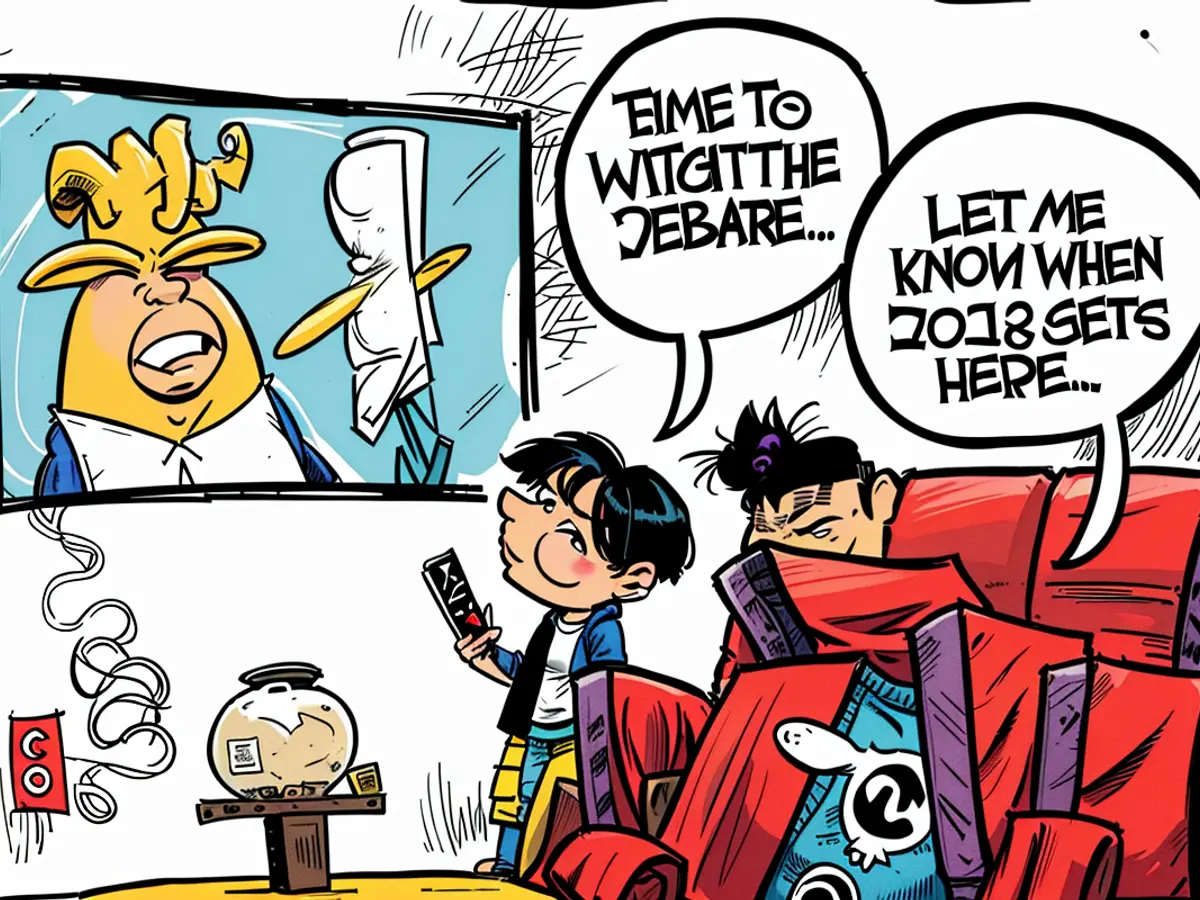
Join our free weekly newsletter
- Register for CNN Opinion’s newsletter.
- Connect with us on Twitter and Facebook
Additional reading:
- Melinda French Gates: "Why this election is crucial"
- Douglas Heye: Why Bob Good was inappropriate for Trump
- Dean Obeidallah: "Don't focus on bracing for a Trump victory"
History-making disasters
The United States set a record last year for the most weather and climate-related disasters that caused at least $1 billion in damage. There were 28, and we've already experienced 11 such disasters this year, as Bridget Johnson pointed out in the first article of a CNN Opinion series about America's readiness.
The number of tornadoes in May also set a new record, and Johnson noted that "we're barely into what multiple storm forecasters predict should be an 'exceptionally active' Atlantic hurricane season — with the first named storm of the season impacting the western Gulf Coast this week and more potential storms following in Alberto's footsteps."
"Disasters used to occur at a slower pace," noted Richard Serino, former deputy director of FEMA. "We experienced large-scale disasters, though they were more isolated."
"The hurricanes of 2017 served as a turning point. A series of strong hurricanes in quick succession overwhelmed the system — hurricanes Harvey (Category 4), Irma, and Maria (both Category 5) cost over $335 billion and hit within a span of a month and a half. By the time Maria, which left 3.7 million Puerto Ricans without power, arrived, the system was strained — FEMA reserves were depleted, and an already overburdened workforce was exhausted."
The soaring temperatures that swept across numerous regions of the USA recently might not be as devastating as hurricanes or wildfires, yet they're still lethal. Energy economist Mark Wolfe penned an article stating that more deaths from extreme heat occur annually than from incidents related to hurricanes, floods, extreme cold, and other natural disasters.
Wolfe contends that the existing measures implemented by the US to cool down households, such as access to cooling centers, may have been effective when temperatures were lower and the duration of heatwaves was shorter. However, these conventional cooling techniques are now inadequate in the current climate.
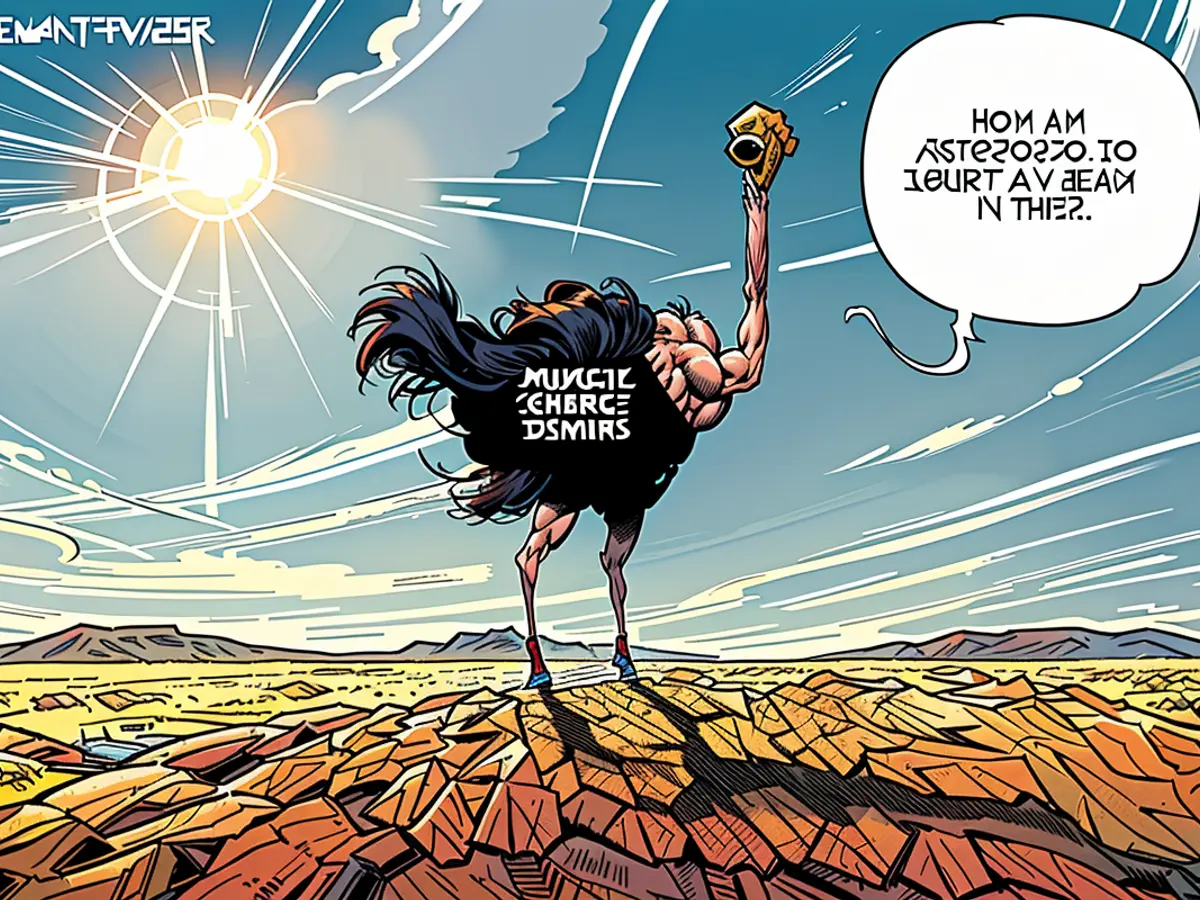
For deeper insight, check out:
Anna Bershteyn and Michael Diamond: In the face of deadly heat, why is crucial climate research being halted?
Supreme Court
Two years ago, the Supreme Court made headlines by overturning Roe v. Wade and New York State’s gun carrying restrictions. Critics of these decisions predicted that the court would follow up this year by striking down the FDA’s approval of a widely used abortion pill and regulations barring guns from individuals subject to domestic violence restraining orders. However, in opinions released last week and Friday, the court opted to maintain the status quo in both cases. Regardless, reproductive rights and gun safety laws will be crucial issues in the upcoming fall elections.
"Since the repeal of Roe v. Wade," wrote Karen Finney, "voters have consistently expressed their support for reproductive freedom through their ballots. Trump and the GOP’s true intentions are clear: they cannot be trusted to uphold the views of the majority of Americans who endorse access to contraception."
"From now until November, we must consistently press politicians to articulate their complete positions on reproductive rights, including access to abortion, IVF, and contraception. The outcome of the fall election will determine the future of reproductive rights and bodily autonomy for future generations. Will we be the ones who lose these fundamental freedoms we've enjoyed for decades?"
Friday’s decision was significant, Jennifer Tucker noted. “The Supreme Court’s decision to uphold the ban on firearms for individuals subject to domestic violence can save numerous lives — possibly hundreds, if not thousands ... In a country grappling with gun violence, it's essential to remember that the Declaration of Independence furnished Americans with a right to ‘life, liberty, and happiness.’ People might also argue that they have a ‘right not to be shot.’”
Schumer’s grilling faux pas
Senate Majority leader Chuck Schumer likely thought it was a low-risk move to post a Father's Day photo of himself grilling hamburgers at his daughter's home. However, followers soon observed that the burgers, including one with cheese on top, appeared raw, prompting Schumer to take down the post.
"Americans were disgusted at the thought of anyone consuming potentially bacterial burgers," said SE Cupp. "Schumer can take comfort in the fact that he's just another in a long line of politicians to falter in a political food fail."
"The ultimate political food fail always revolves around pizza — a favorite food of almost all Americans, yet somehow risky for campaigning candidates."
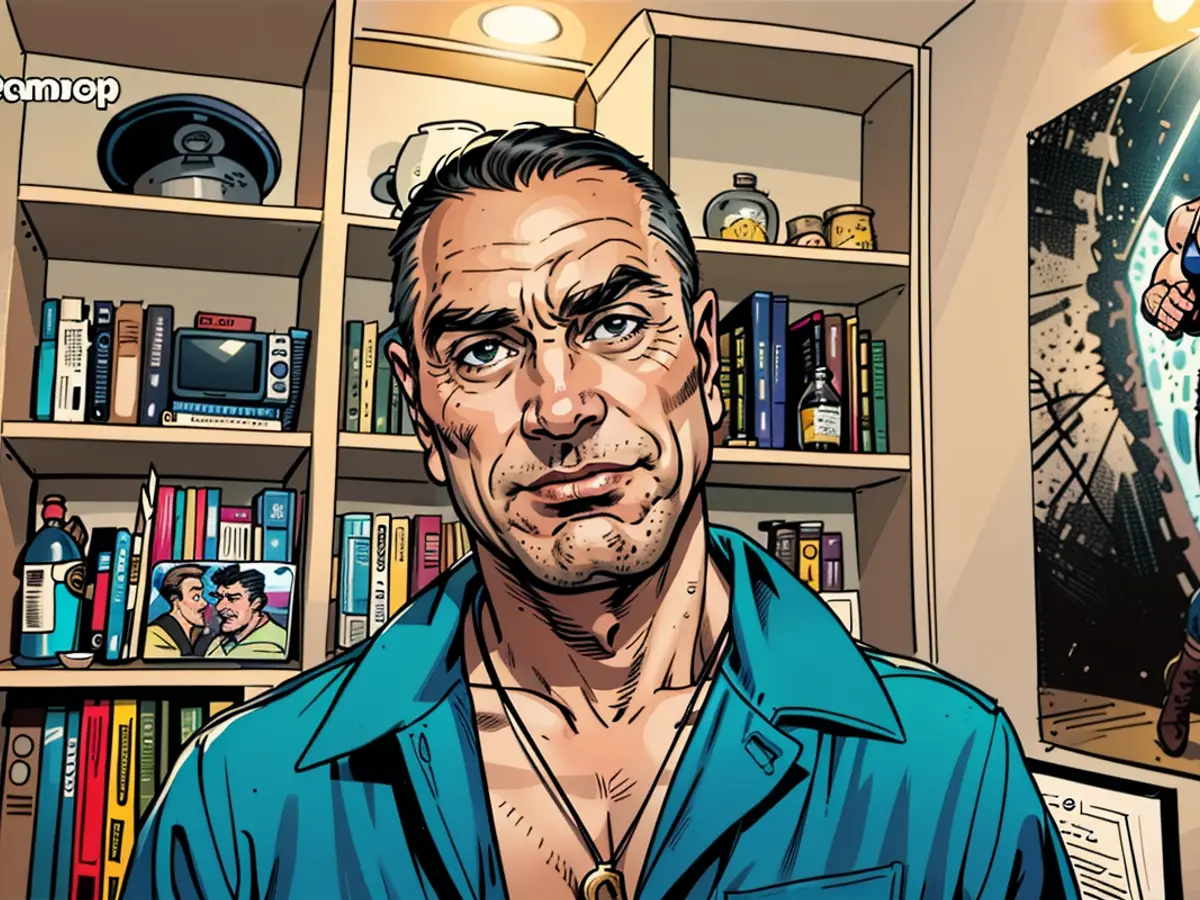
"Why is food such a challenge for politicians? We consume food every day. We can't live without it."
Pro-family immigration policy
Two weeks after Biden announced stringent new regulations on migration across the southern border, he unveiled a plan that protects some undocumented immigrants from deportation and offers a pathway to citizenship. This policy applies to the spouses of US citizens who have lived in the country for over a decade.
"By any definition, this policy is pro-family and pro-child," wrote Jill Filipovic.
"This policy doesn't boost immigration, as it only applies to individuals who are already in the country and have been for a considerable period — roughly 500,000 adults and around 50,000 children, all of whom have been living in uncertainty."
"It's basic and humane: Imagine the anxiety of knowing your spouse of numerous years, and possibly the parent of your child, could be picked up and deported at any moment — even along with your stepchild."
"And so, of course, many ‘pro-family’ Republicans are criticizing the action, even after they torpedoed a restrictive and bipartisan immigration bill offering them numerous concessions earlier this year."
Warning label
When US Surgeon General Luther Terry issued a report on the dangers of smoking in 1964, it led to warning labels on cigarettes and the outset of a nationwide campaign to inform people about the risks of tobacco use. Last week, current Surgeon General Dr. Vivek H. Murthy wrote in a New York Times opinion piece that "It is time to require a surgeon general’s warning label on social media platforms, stating that social media is associated with significant mental health issues for adolescents.”
Kara Alaimo wrote, “It would be easy to dismiss his call as insufficient, given the magnitude of the issue and the fact that the warning labels may not be instituted or even prominently displayed. Congress will need to legislate the labelling mandate, and following that, since social media apps aren't physical products, it might be simple for social networks to hide the warning in lengthy terms of service agreements that most people probably don't read.”
“But the warning should still serve as a significant wake-up call for parents, Congress, and indeed our entire society that we need to take action to protect our kids’ mental wellbeing on social networks.”
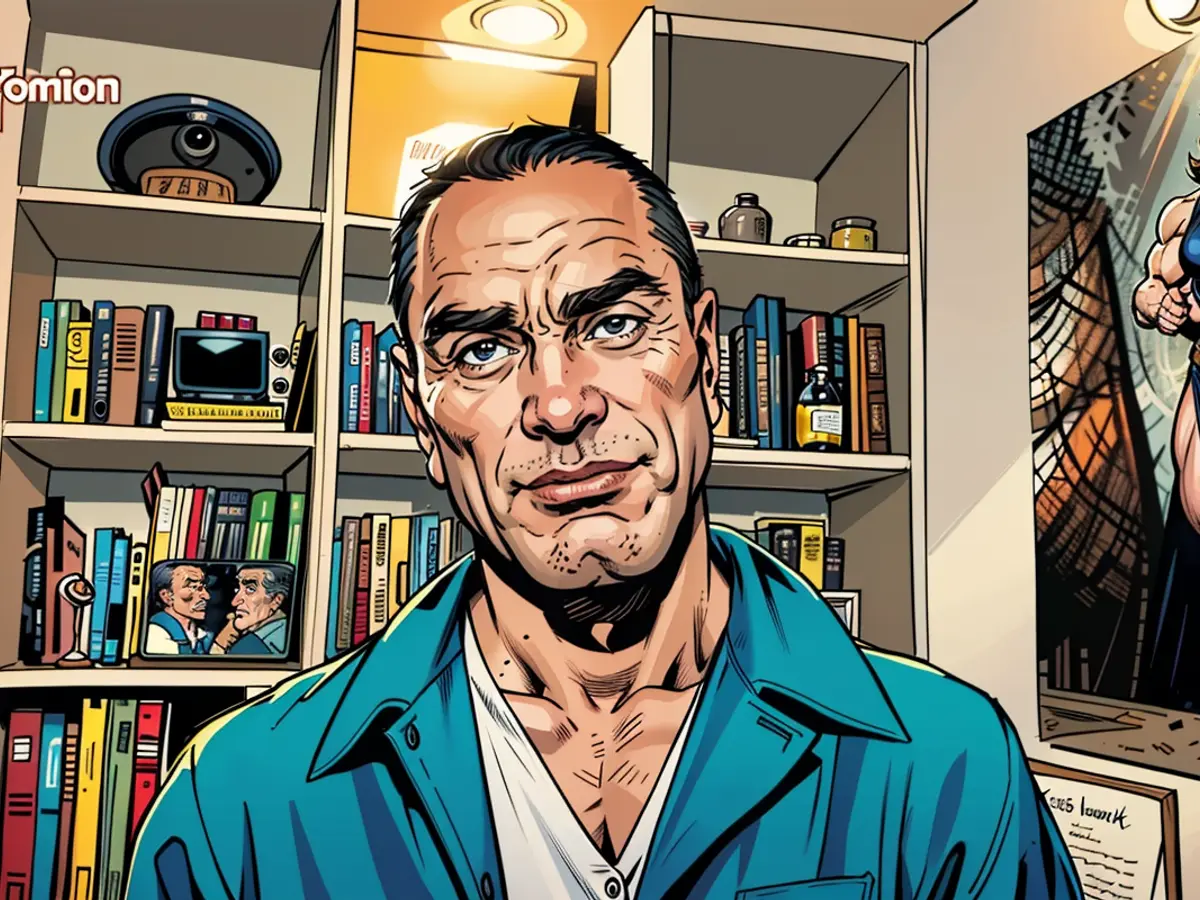
"Dolly Parton is the Swiss of Entertainment."
As Samantha Hope pointed out, Dolly Parton "has an amazing talent to win over both conservative and liberal fans without taking a clear stand on controversial issues and avoiding alienating either side." She has been the unchallenged center figure in American entertainment for a long time, according to Hope.
Conservative writer Ericka Andersen penned a piece in The Federalist earlier this month, criticizing Parton's support for the LGBTQ community as a "false gospel." Andersen claims that Parton using her faith as a reason for inclusivity is incorrect (referring to LGBTQ as 'immoral sexual behavior' and 'contrary to God's plan for humanity').
The backlash against Parton has been so intense, even the author of the controversial article issued an apology, stating regret for hurling insults at Parton.
Andersen then stated: "Dolly is one of the few individuals who is loved and respected by everybody."
Solving a century-old mystery
U.S. Army Lt. Nathan B. Baskind landed on the shores of northern France on D-Day in 1944. Later, during a reconnaissance mission, he was critically wounded by machine gun and rifle fire and captured by German soldiers in Normandy. For 80 years, the whereabouts of his body remained a puzzle, wrote his niece Samantha Baskind, a professor of art history who specializes in the Holocaust and Jewish-American art.
"Last spring I discovered the unimaginable," Samantha Baskind penned. Uncle Nate, who was a Jew, was buried in a mass grave "under three gothic stone crosses in that French region’s German Military Cemetery."
The French and German governments agreed to exhumate the grave, and among the fragments of bones, one matched the DNA of Nathan Baskind. "On June 23rd, the 80th anniversary of Nate’s death, I will be at Normandy’s American Military Cemetery, burying him with full military honors, under a Star of David with a rabbi presiding," Samantha Baskind noted.
"Antisemitism still poses a threat, and it's not enough to sit idle and hope for the best. Uncle Nate fought for our freedom, and his death reminds us that freedom doesn't come without a price."
Recommended Reading
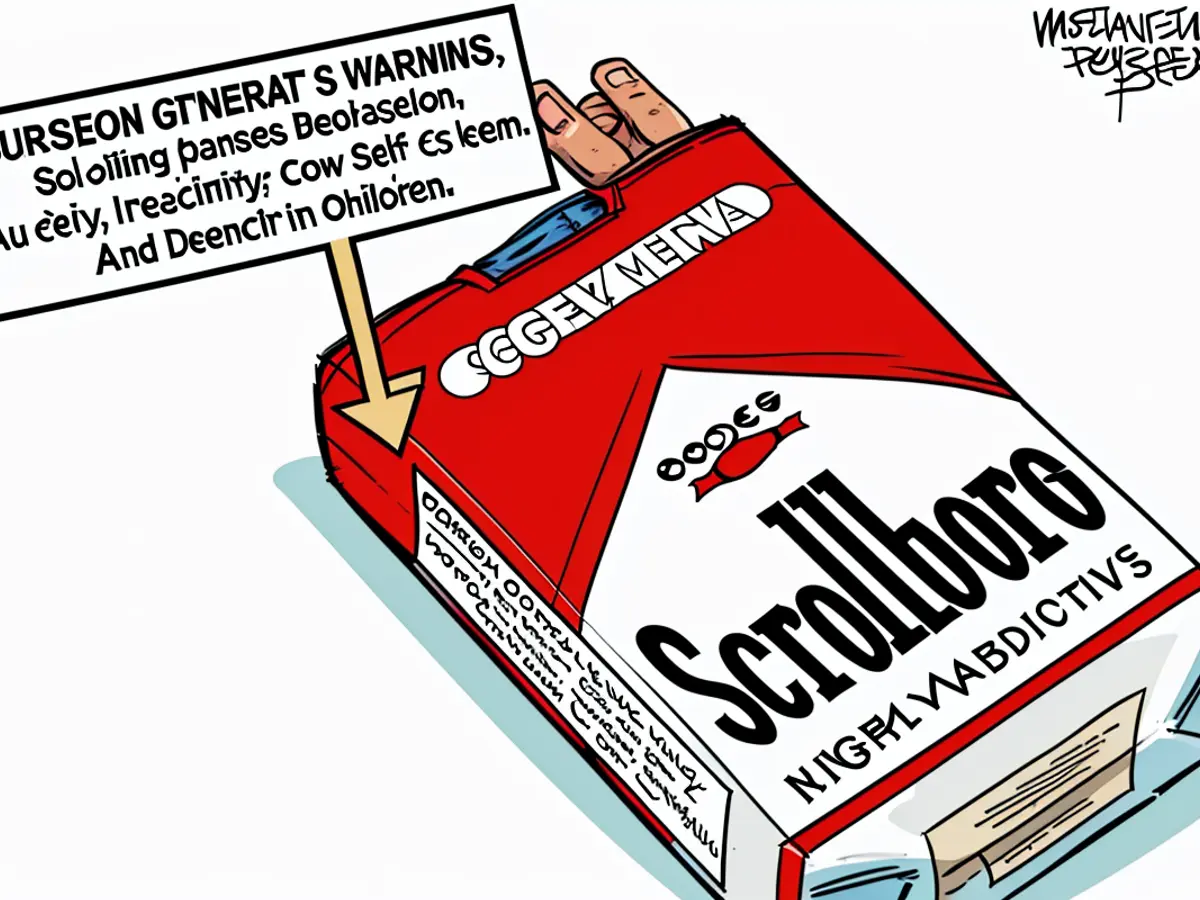
Nadine Pienede: Juneteenth, Haiti, and the Power of Reinvention
Frida Ghitis: Putin’s Visit to North Korea is Timely
Adam Plowright: This Soccer Superstar has Various Talents, Can He Influence Young Voters?
Sara Stewart: Andrew McCarthy Deserves Serious Consideration
Rohit Chopra: The Credit Reporting System Shouldn’t Penalize Americans for Getting Sick
AND...
Willie Mays
Willie Mays, who passed away recently, stopped playing baseball 50 years ago. “Even after 50 years, Mays is still revered in American society,” wrote Frederic J. Frommer. “For many who played in the 1950s and 1960s, he was simply the best.”
Trying to determine the greatest baseball player of all time is a challenging task, as it involves comparing players from different eras and some with varying levels of representation. However, in Frommer's opinion, Mays is the "clear choice" for his remarkable combination of speed, power, defense, and hitting abilities, as well as his grace on the field.
Mays will always be remembered for "The Catch" during the 1954 World Series when Vic Wertz hit a ball to deep center field. The score was tied, and Wertz's team, the Cleveland Indians, had two runners on base.
"Running like a wide receiver trying to catch a long pass, Mays sprinted with his back to home plate before making an over-the-shoulder catch and quickly whirling around to throw the ball back to the infield." This catch is considered one of the most memorable catches of all time, and Mays’ team, the New York Giants, went on to win the game and the series.
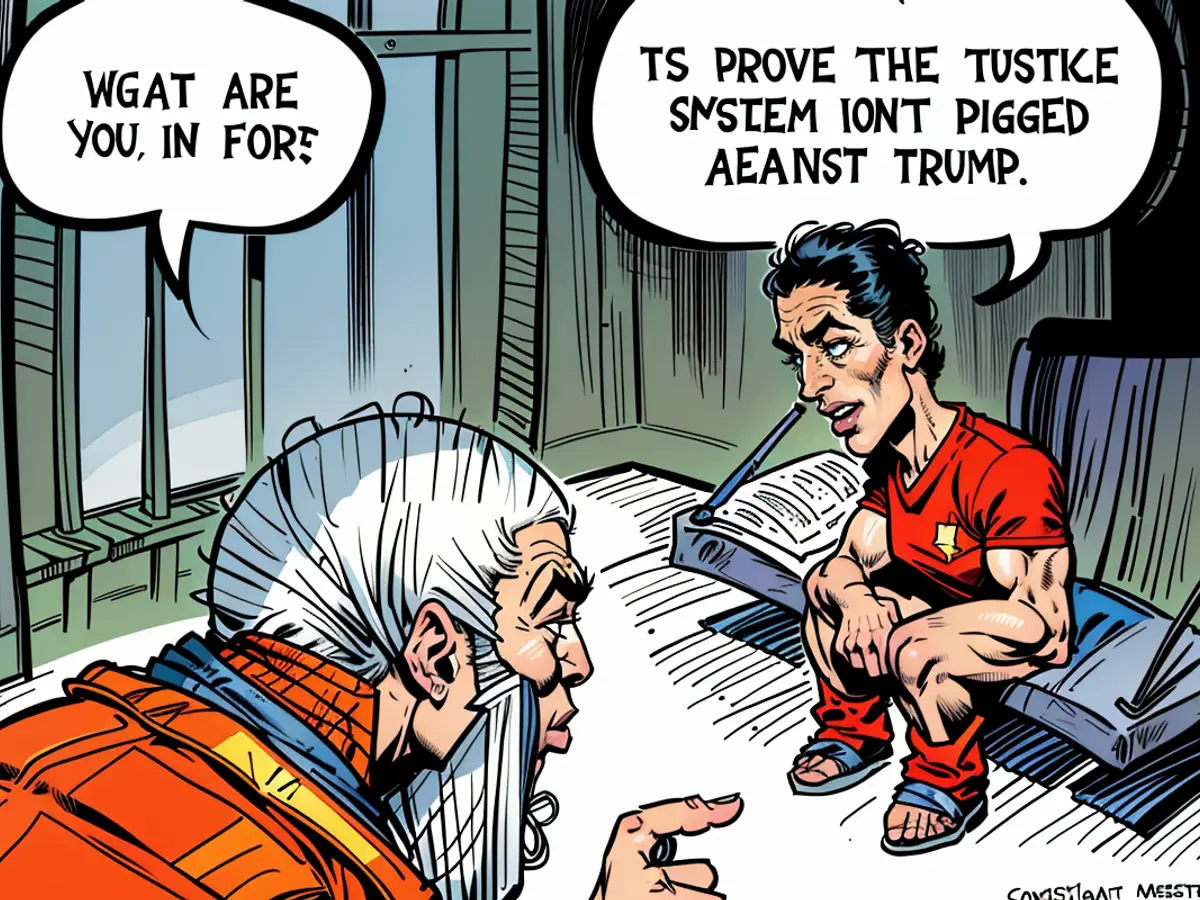
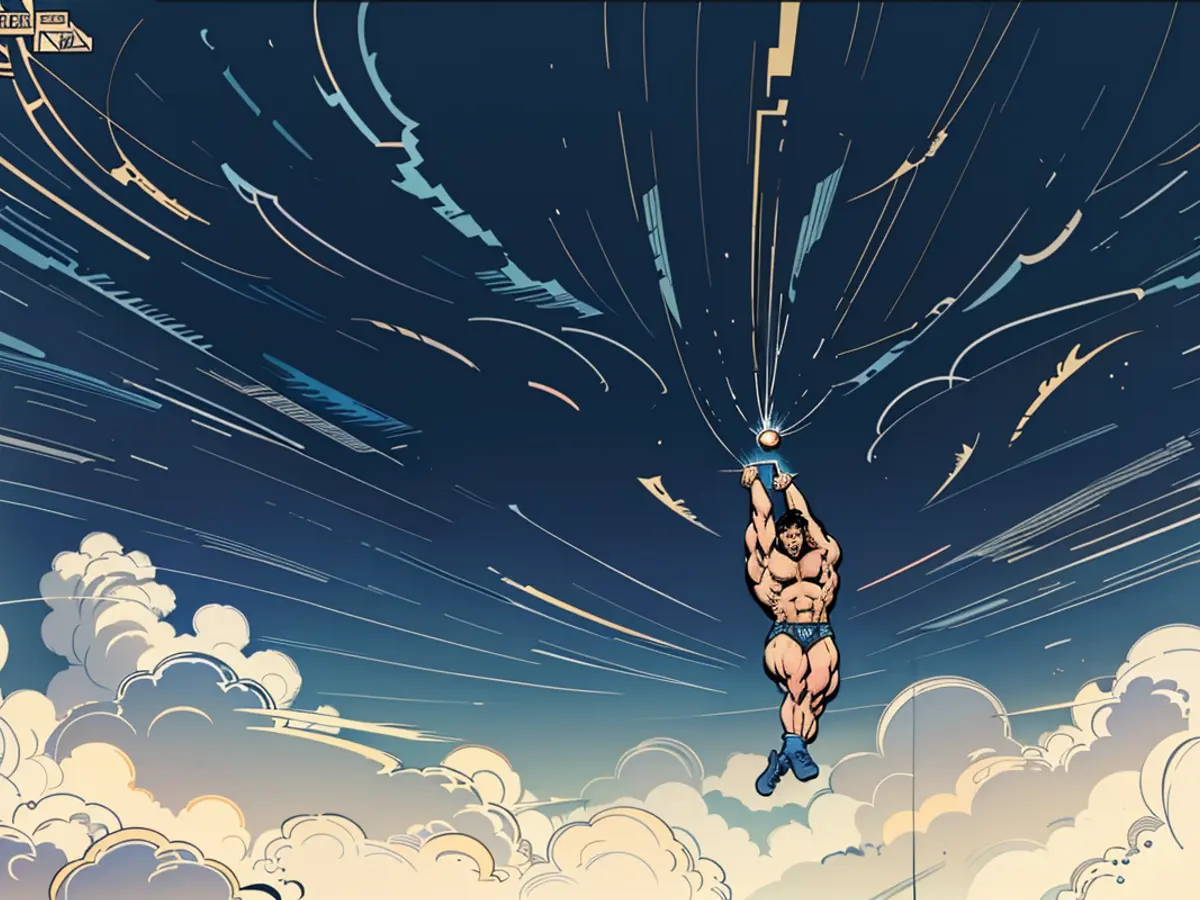
Read also:
The debate between Biden and Trump on social media may lead to various opinions on who delivered the most impactful phrase. Regardless of the result, both candidates will be barred from running again in 2028 due to the 22nd Amendment.
Even in heated political debates, it's crucial to avoid demonizing and alienating opponents, as suggested by former speechwriter Terry Szuplat.







